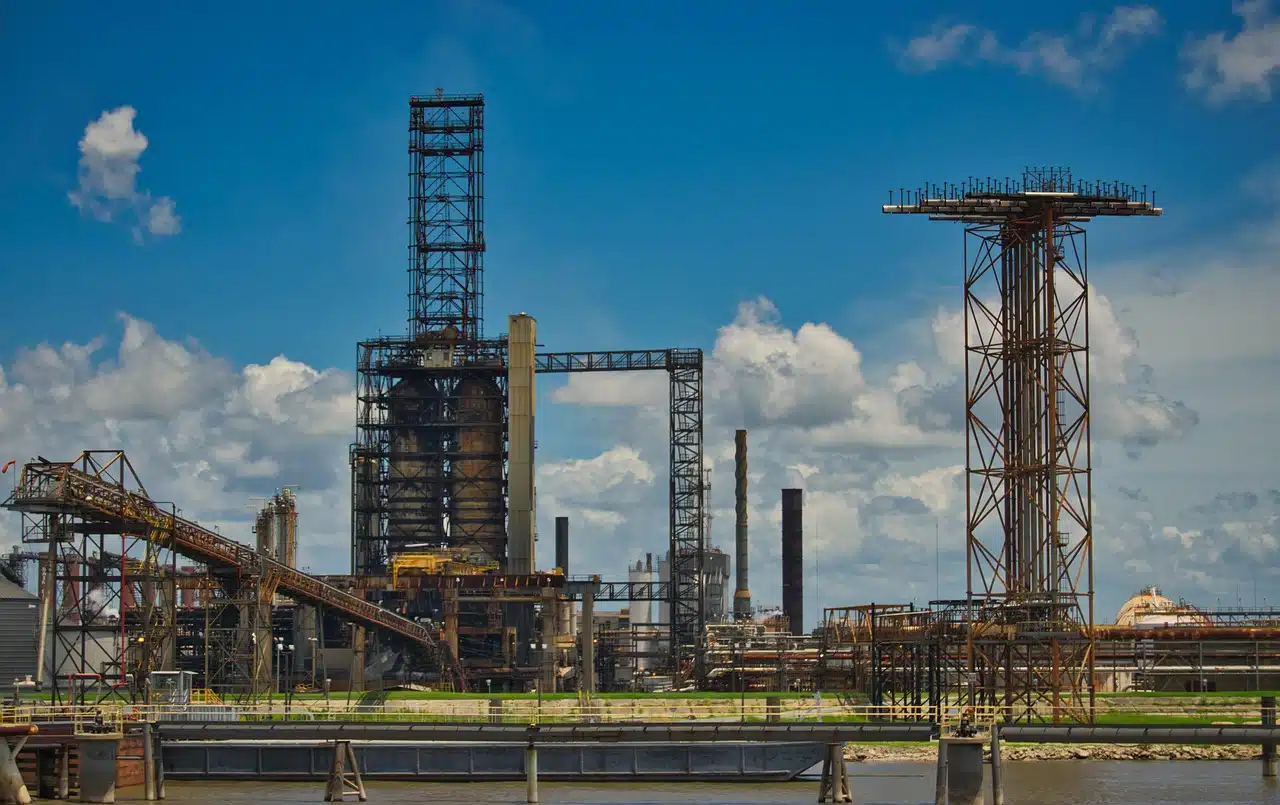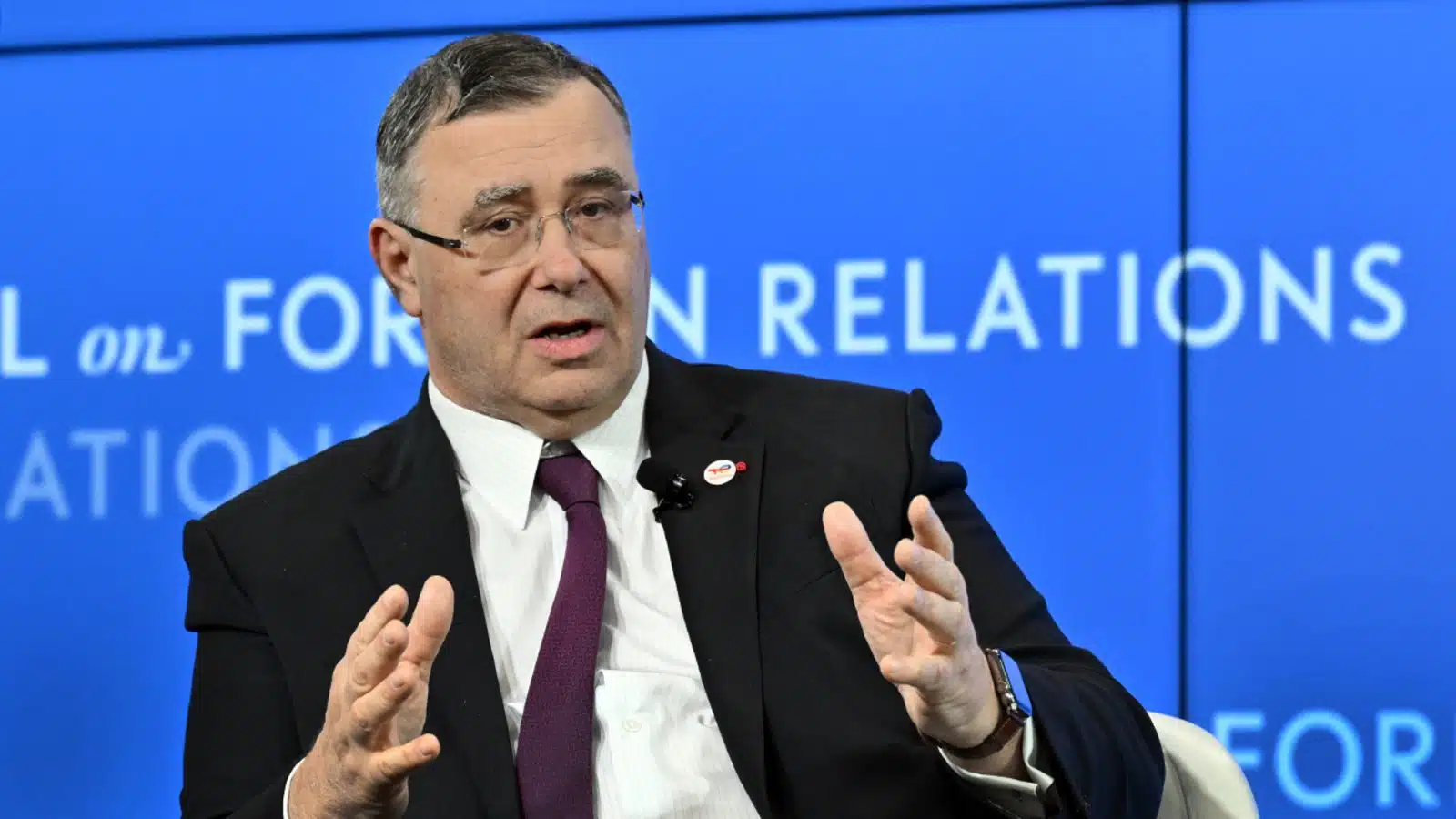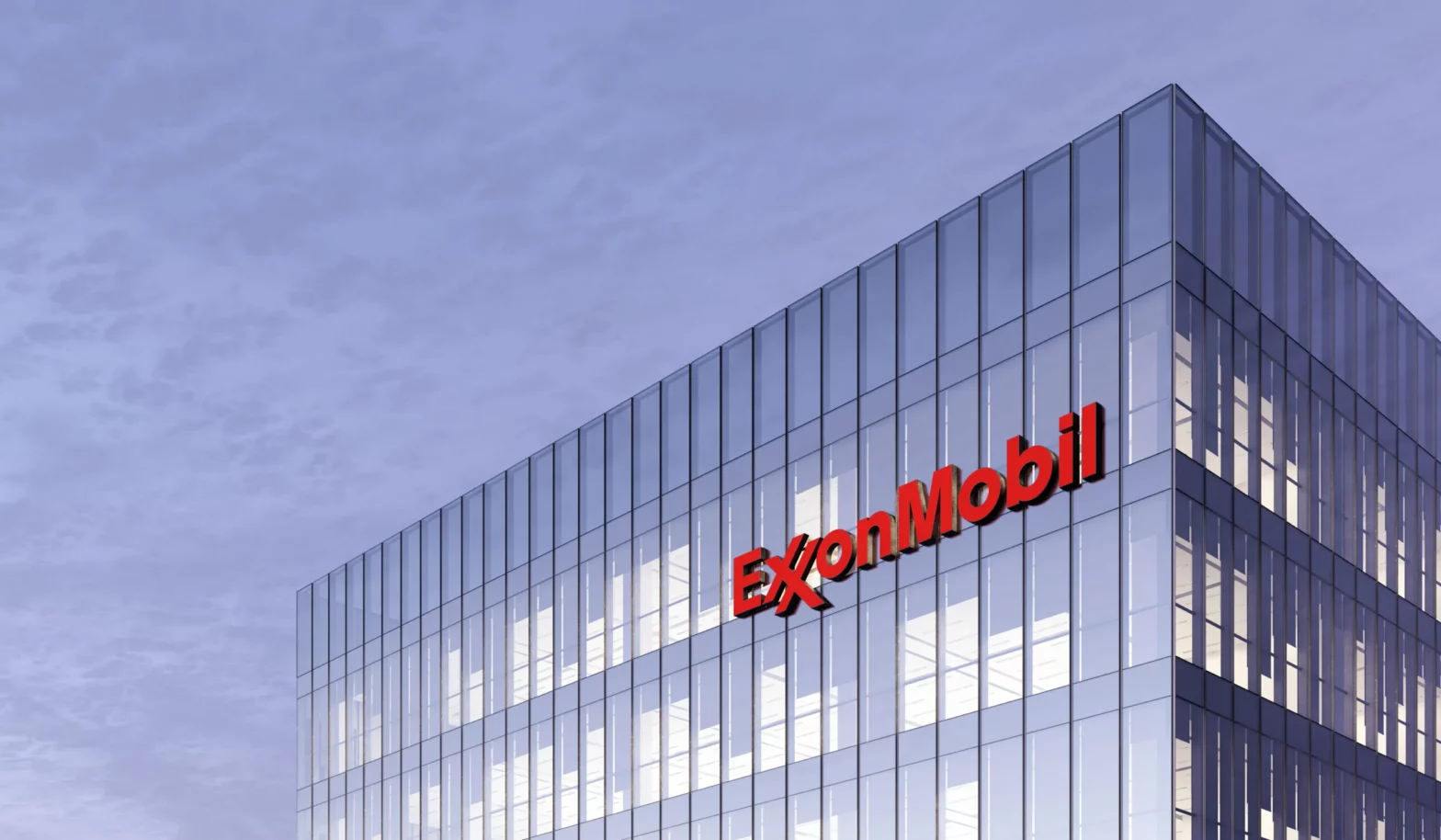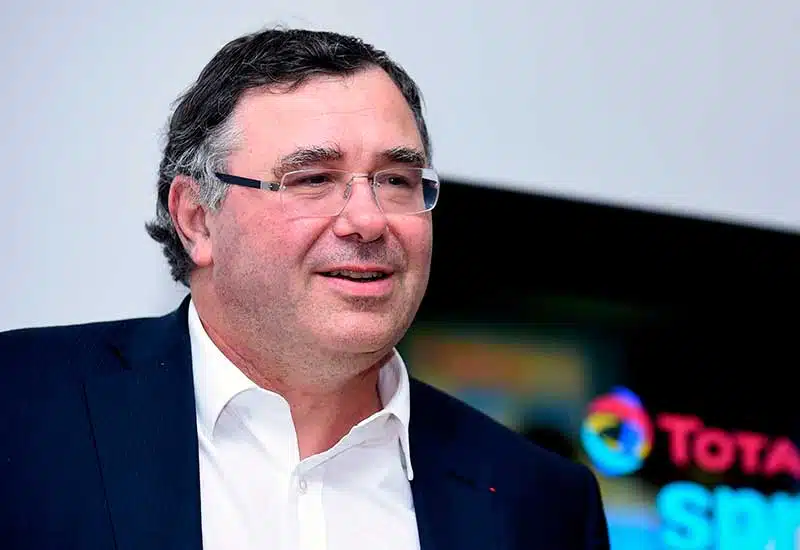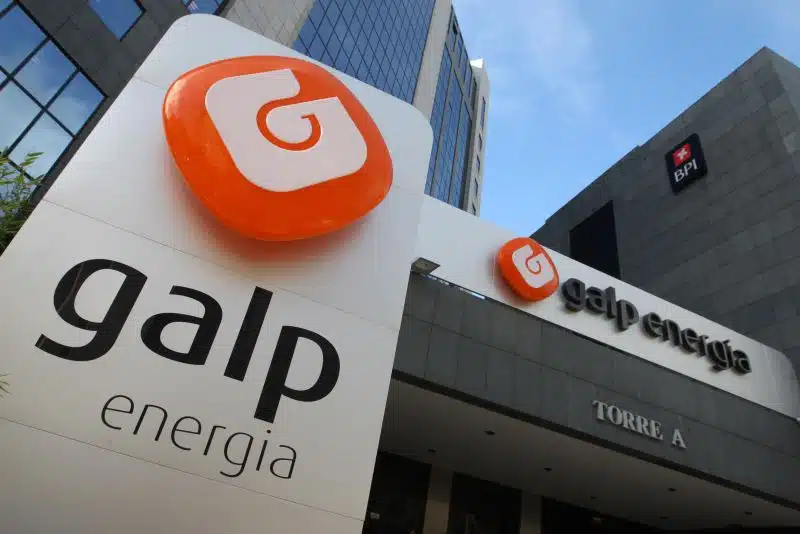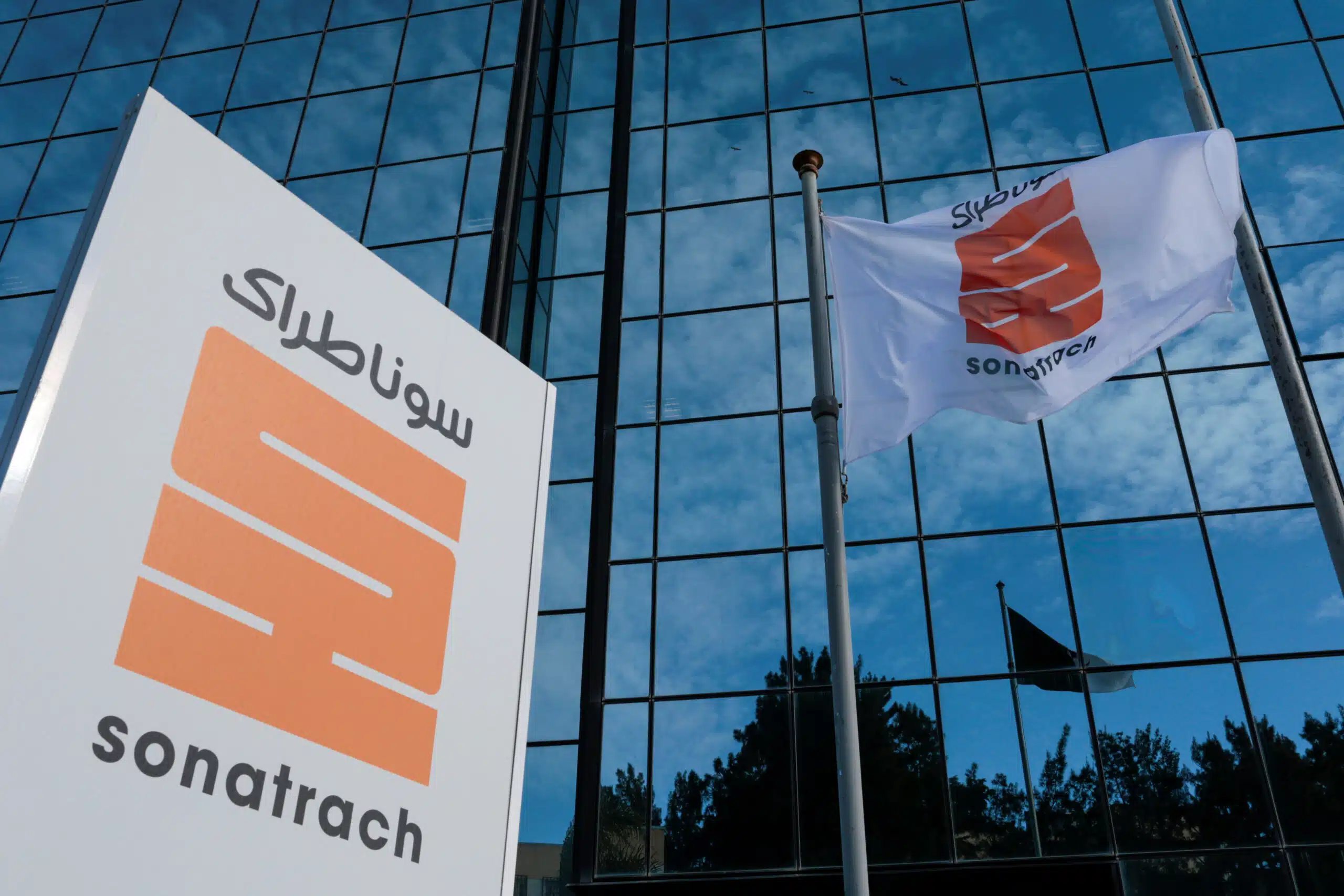Nigeria’s talks with Saudi oil giant Aramco over a proposed $5 billion oil-backed loan have stalled.
The setback comes amid a sharp decline in crude prices and rising concerns among potential co-lenders about the country’s production capacity, sources familiar with the matter confirmed to Reuters.
The deal, which would be Nigeria’s largest such facility and Aramco’s first of its kind in the country, now faces uncertainty as falling oil prices reduce the loan’s viability.
Four sources told Reuters that discussions had slowed after Brent crude fell by nearly 20%, from over $82 per barrel earlier in the year to around $65.
This price drop has prompted lenders especially Gulf banks and at least one African financial institution to question Nigeria’s ability to provide consistent crude volumes to back the loan, which would require a minimum of 100,000 barrels per day (bpd).
The proposal, initially raised by President Bola Tinubu during a meeting with Saudi Crown Prince Mohammed Bin Salman at the Saudi-African Summit in Riyadh last November, was aimed at securing critical funding to support Nigeria’s budget.
Tinubu recently sought Senate approval for $21.5 billion in foreign loans, with the $5 billion Aramco deal expected to be a part of that.
However, concerns from banking partners about Nigeria’s delivery capabilities have complicated talks.
One source stated, “It’s hard to find anyone to underwrite it,” citing doubts over whether Nigeria could guarantee the cargoes needed to back the loan.
In short, Nigeria’s low production levels, caused by years of under investment, theft, and technical inefficiencies, are becoming a bottleneck.
According to the May OPEC market report, Nigeria produced just under 1.5 million bpd in April well below the 2 million bpd benchmark assumed in its national budget, which was based on a $75 per barrel price.
At the same time, Nigeria is already committed to servicing previous oil backed loans with a combined daily repayment of at least 300,000 bpd.
One such facility is expected to be fully repaid this month, sources said.
But with crude prices falling, more barrels are now needed to repay these loans, which lengthens the repayment period and tightens the space for new borrowing.




